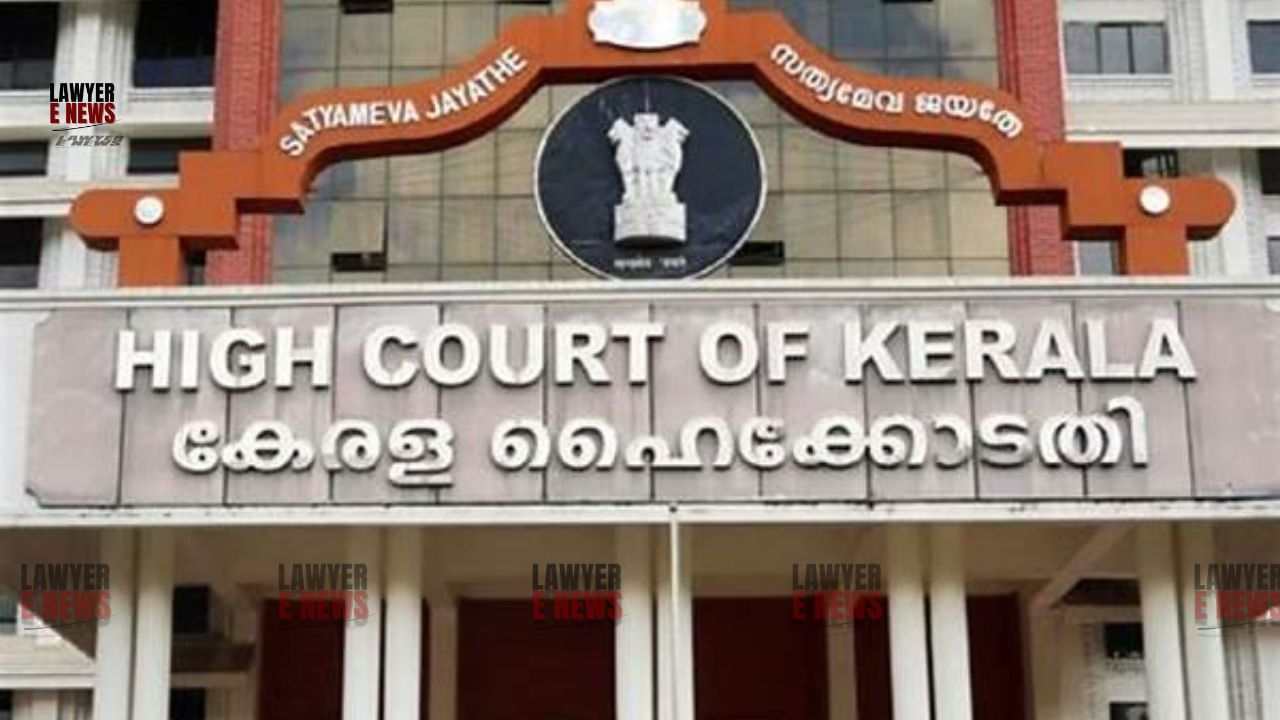-
by Admin
16 February 2026 1:47 PM



Kerala High Court dismisses National Insurance Company's appeal, affirming compensation for vehicle damage in negligence case.
The Kerala High Court has upheld the Motor Accidents Claims Tribunal (MACT) award, dismissing the appeal filed by National Insurance Company Limited. The judgment, delivered by Justice Syam Kumar V.M., reaffirms the principles of summary and inquisitorial nature of proceedings under the Motor Vehicles Act, 1988. The court emphasized the sufficiency of prima facie evidence, such as police charge sheets and survey reports, in proving negligence in accident claims.
On April 9, 2009, a Ford Escort car owned by the respondent, Shakeela, and parked on the side of the National Highway near Ganesh Carriage, Kumbla, was hit by an Alto car driven rashly. The Alto car, insured by the appellant, National Insurance Company, caused significant damage to the respondent's vehicle. Shakeela sought compensation of Rs.1,07,000/- for repairs through the II Additional District MACT, Kasaragod. The Tribunal awarded Rs.1,07,447/- with interest, holding the insurer liable. Aggrieved, the insurer appealed the decision.
The court underscored the summary and inquisitorial nature of MACT proceedings. Citing precedents, it highlighted that such proceedings are not adversarial and do not require the precision of civil suits. "The Motor Accidents Claims Tribunal is not a civil court though it has the trappings of one," the court noted, referencing Supreme Court judgments in Jai Prakash v. National Insurance Co. Ltd. and Sunita v. Rajasthan State Road Transport Corporation.
The appellant contended that negligence was not proven due to the absence of the driver and the reliance on unproven documents. The court dismissed these arguments, affirming that police charge sheets and survey reports are sufficient to establish prima facie evidence of negligence. "It is trite law that the production of a police charge sheet is prima facie sufficient evidence of negligence," the court stated, citing New India Assurance Co. Ltd. v. Pazhaniammal.
The insurer argued that the Tribunal erred by relying on repair bills without formal proof and disregarding depreciation. The court rejected this, affirming the evidentiary value of the unchallenged survey report and bills. "A survey report prepared by an insurance surveyor possesses prima facie evidentiary value and reliability," the judgment noted. The court found the Tribunal had appropriately scrutinized and accepted reliable documents while discarding others.
The judgment reiterated that MACT proceedings aim to arrive at the truth rather than adhere to technicalities. "The jurisdiction exercised by Tribunals under the Motor Vehicles Act, 1988, does not envisage the technicalities of an adversarial adjudication," the court emphasized. The court also noted the appellant's failure to challenge the survey report's reliability and the lack of evidence produced to counter the respondent's claims.
Justice Syam Kumar V.M. remarked, "The nature and scope of the jurisdiction exercised by the Motor Accidents Claims Tribunal are summary and inquisitorial, aimed at arriving at the truth rather than technical precision."
The Kerala High Court's decision to dismiss the appeal underscores the judiciary's approach to accident claims, prioritizing substantive justice over procedural technicalities. By affirming the Tribunal's findings, the judgment reinforces the sufficiency of prima facie evidence and the summary nature of MACT proceedings. This decision sets a precedent for future cases, emphasizing the importance of reliable documents and the non-adversarial nature of accident claim adjudications.
Date of Decision: May 14, 2024
